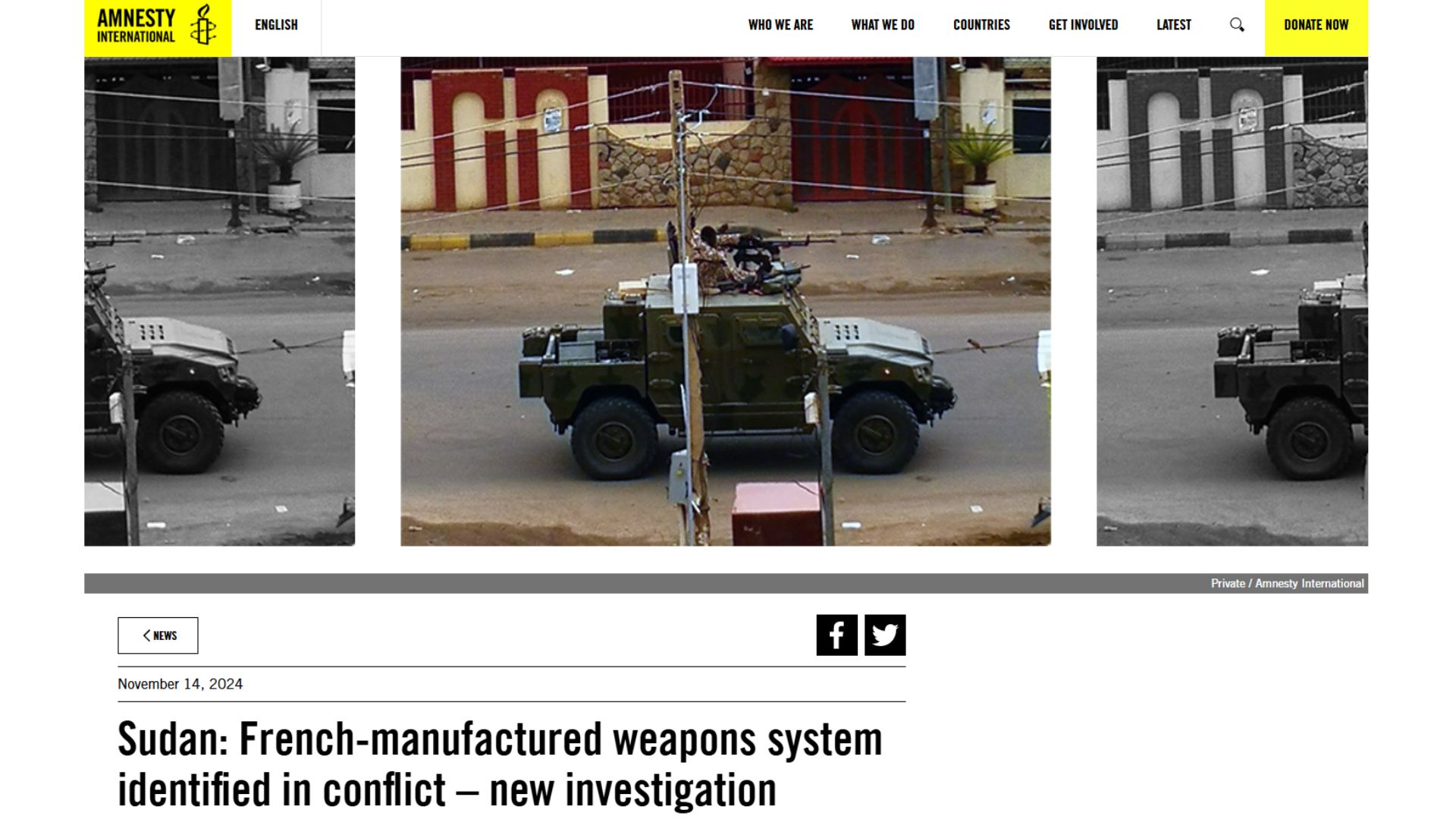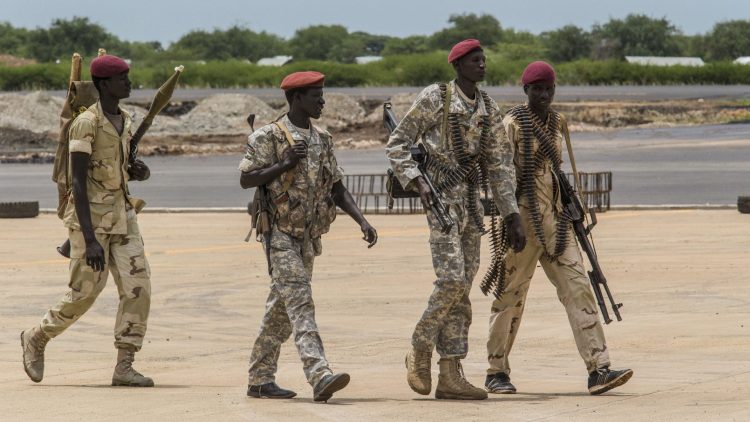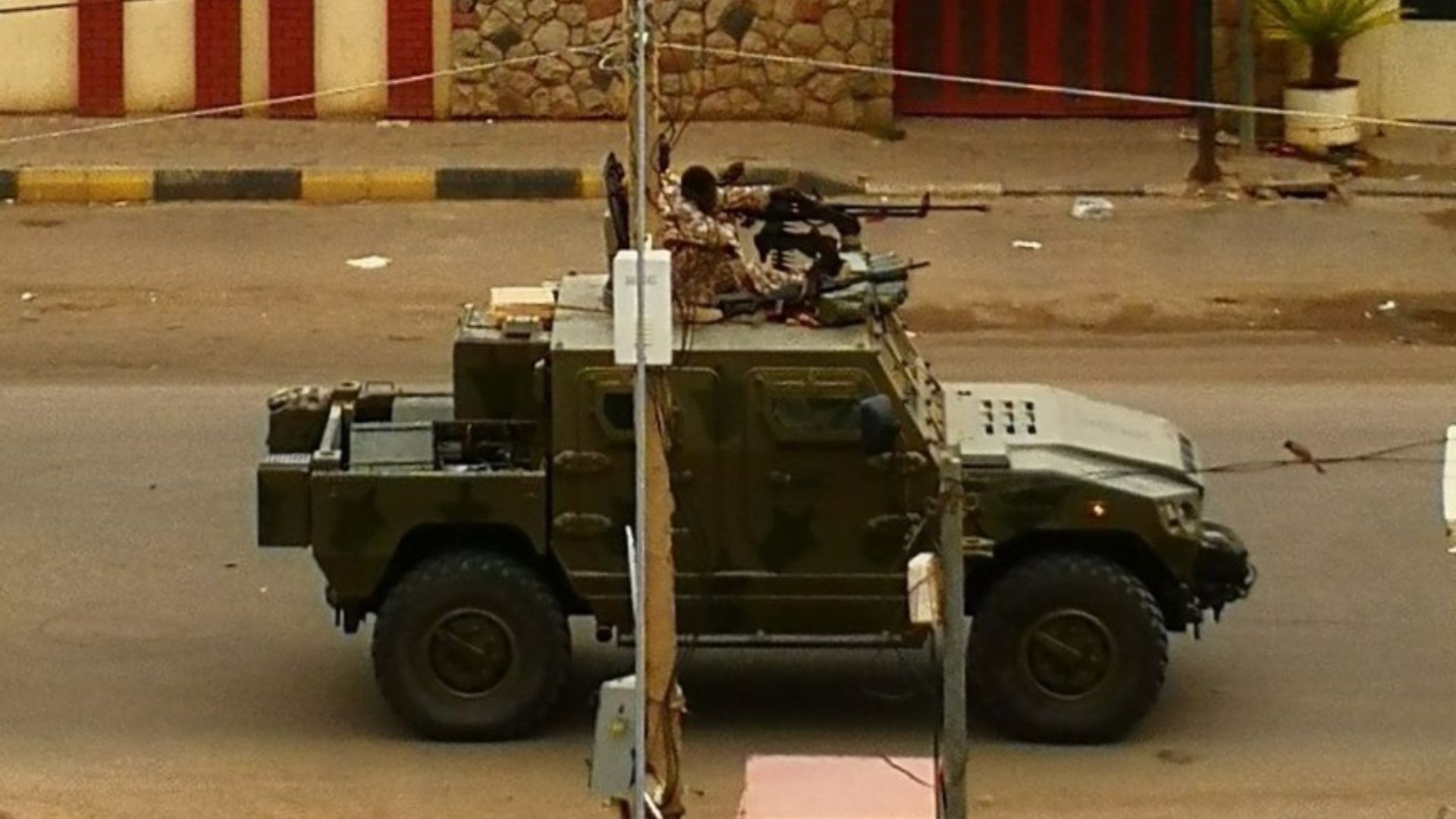Amnesty’s Secretary General, Agnès Callamard, didn’t mince words, pointing out how the use of French-made systems by RSF forces in Darfur breaches international law and exacerbates the suffering of Sudanese civilians.
This isn’t just about pointing fingers—it’s a call for accountability.
Amnesty is urging the French government to ensure companies like Lacroix Defense and KNDS France immediately halt the supply of military systems to the UAE, particularly if they can’t guarantee these weapons won’t end up in conflict zones like Sudan.
“All countries must immediately cease direct and indirect supplies of all arms and ammunition to the warring parties in Sudan,” said Callamard.

The UAE and Its Defense Deals
The UAE isn’t new to the arms trade spotlight.
Between 2014 and 2023, French companies delivered an estimated €2.6 billion (around $2.77 billion) worth of military equipment to the Gulf nation.
The UAE has a history of violating arms embargoes, notably in Libya and now, according to Amnesty, in Sudan. Yet, they deny any wrongdoing, calling Amnesty’s findings part of a “coordinated disinformation campaign.”
But the facts speak for themselves.
According to the report, cited by The Associated Press, the UAE-based Tradive General Trading LLC, controlled by a senior RSF leader, imported vehicles retrofitted with weapons for combat.
Despite these allegations, the UAE insists it’s focused on humanitarian aid in Sudan.
Amnesty Warns: Time for Action
Amnesty International is not just raising awareness; it’s calling for real change. They want the UN Security Council to expand the current arms embargo on Darfur to cover all of Sudan.
The idea is simple: stop the flow of weapons fueling this devastating conflict.
Amnesty is also urging all countries to halt direct or indirect arms transfers to Sudan’s warring factions.
But it’s not just about governments. Defense companies have a responsibility, too.
Amnesty highlights the need for stricter human rights due diligence, ensuring that their products don’t end up prolonging conflicts or violating international laws.
Final Thoughts
The situation in Sudan is a stark reminder of how the global arms trade can have devastating local impacts. What might seem like a distant geopolitical issue quickly becomes a life-or-death reality for millions on the ground. With the world’s largest displacement crisis unfolding in Sudan, the stakes couldn’t be higher.
Amnesty’s findings should be a wake-up call for governments and defense companies alike. Ensuring that military technology doesn’t end up in the wrong hands isn’t just a legal obligation—it’s a moral one.
The question now is whether the international community will step up or continue to look the other way.











COMMENTS